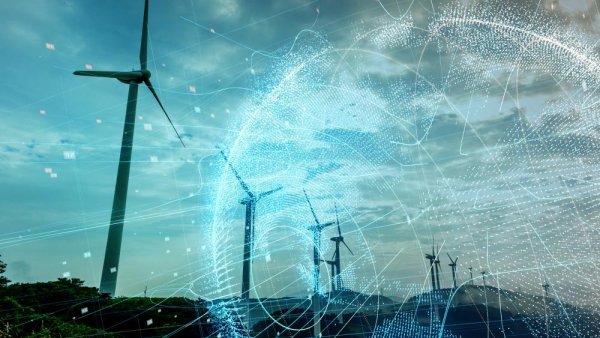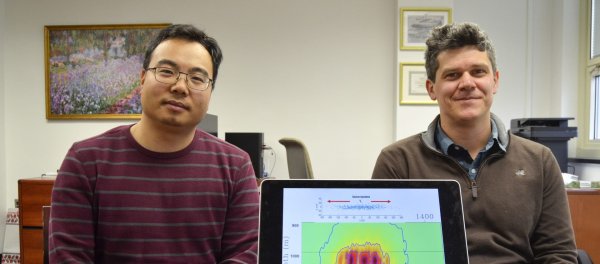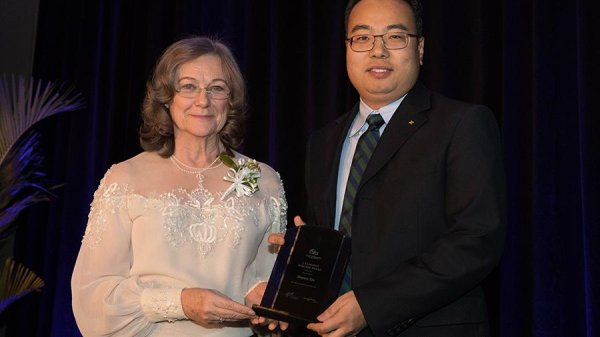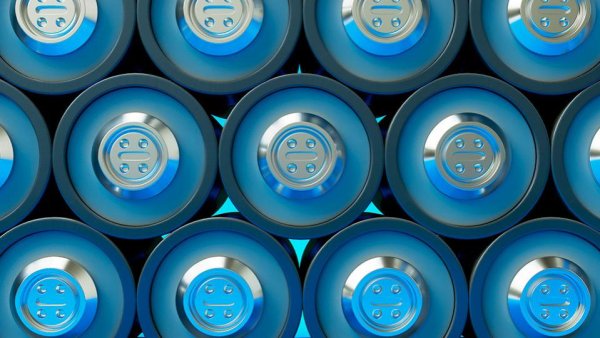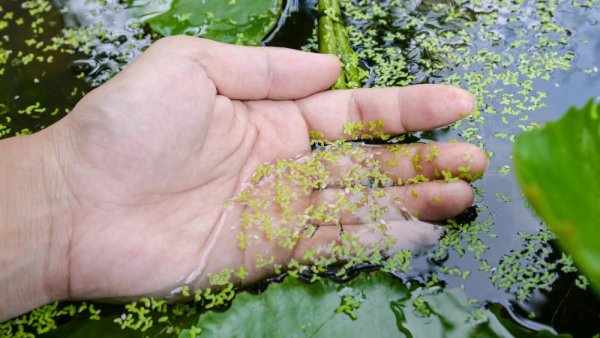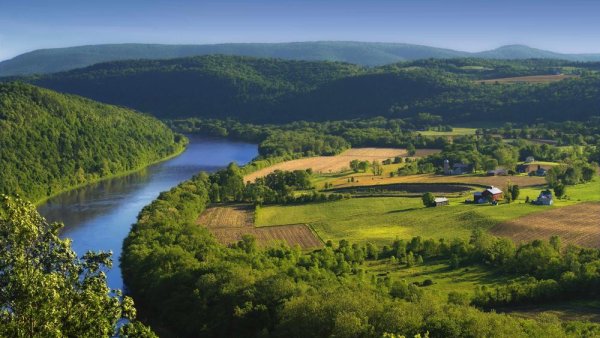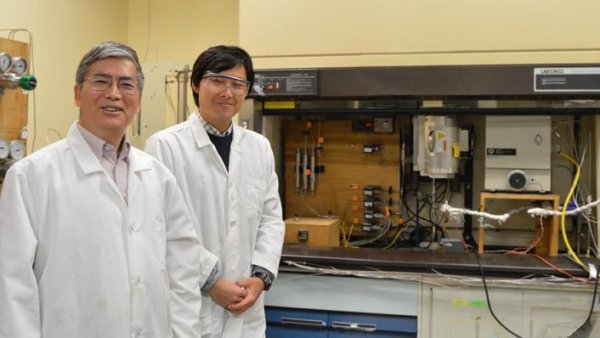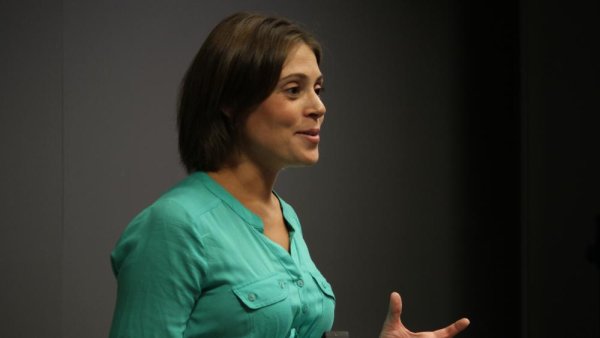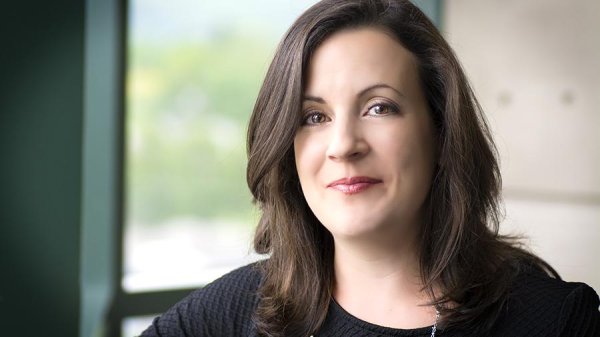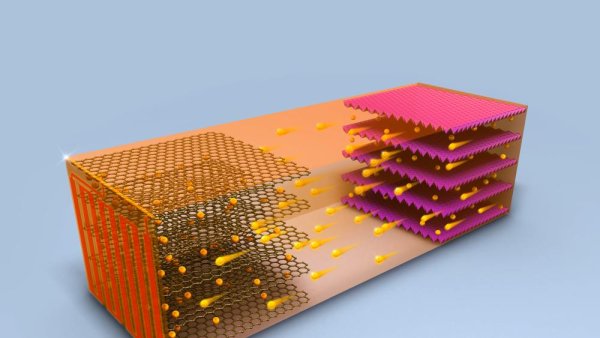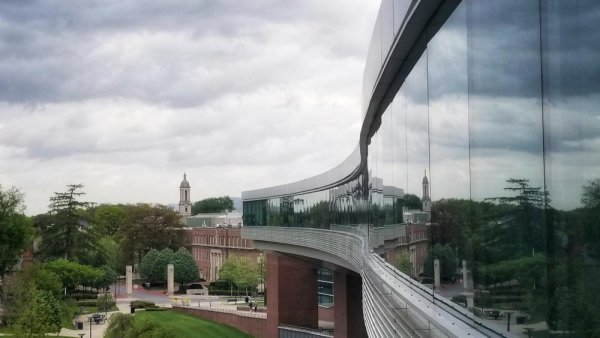Penn State chosen by Department of Energy to help modernize the power grid
| psu.edu
In an effort to modernize and reimagine the United States' power grid, Penn State researchers have qualified for a highly selective, innovative competition sponsored by the U.S. Department of Energy.
At Penn State, researchers push for answers on carbon capture
| whyy.org
Between Penn State, other universities and a federal lab near Pittsburgh, a lot of research on carbon capture and sequestration takes place in Pennsylvania.
Zhu recognized by Society of Exploration Geophysicists with Karcher Award
| psu.edu
Tieyuan Zhu, assistant professor of geophysics in the College of Earth and Mineral Sciences at Penn State, has been awarded the 2018 J. Clarence Karcher Award by the Society of Exploration Geophysicists. The award recognizes significant contributions to the science and technology of exploration geophysics by a young geophysicist.
Re-Imagining Energy: Generating Energy
| psu.edu
Penn State researchers are developing a range of innovative technologies to harvest the sustainable energy of natural processes to power our future. Part one of a five-part series.
Re-Imagining Energy: Storing Energy
| psu.edu
Penn State researchers are at the forefront of a revolution in materials that's enabling batteries that charge faster, last longer, and are safer than conventional batteries. Part two of a five-part series.
Energizing the food-energy-water nexus: the fortuitous tale of duckweed
| psu.edu
Rachel Brennan knows how precious of a commodity water is. During her time as the director of Penn State's Eco-Machine, her work has involved a helpful little plant that is impacting the food-energy-water nexus.
NSF funds $3 million graduate training program focused on Food-Energy-Water
| psu.edu
The National Science Foundation has awarded a $3 million grant to an interdisciplinary team of Penn State researchers to create a new graduate program that will train students to find solutions to real-world problems facing Food-Energy-Water (FEW) systems.
Carbon dioxide-to-methanol process improved by catalyst
| psu.edu
Dramatic improvements have been made to the process of converting carbon dioxide, a greenhouse gas, to methanol, a fuel and building block for a wide range of everyday materials, according to Penn State researchers.
New Faculty Academy members continue work on student engagement projects
| psu.edu
Four new members were accepted this year into the Faculty Academy, which provides funding for educators to create engagement opportunities and models for students on the local, regional and national level.
Sankey first online educator named Faculty Academy Fellow
| psu.edu
Haley Sankey has always enjoyed finding creative ways to reach out to her adult learners. Now she’s hoping to use that creativity to improve learning on campus and beyond. Sankey, an assistant teaching professor at the John A. Dutton e-Education Institute, recently became the first Penn State World Campus faculty member selected as a fellow in the Faculty Academy for Engaged Scholarship.
Self-heating, fast-charging battery makes electric vehicles climate-immune
| psu.edu
Californians do not purchase electric vehicles because they are cool, they buy EVs because they live in a warm climate. Conventional lithium-ion batteries cannot be rapidly charged at temperatures below 50 degrees Fahrenheit, but now a team of Penn State engineers has created a battery that can self-heat, allowing rapid charging regardless of the outside chill.
Three new co-funds join Institutes of Energy and the Environment
| psu.edu
Three faculty members recently joined the Institutes of Energy and the Environment (IEE) in three different areas of expertise. Two are in the Donald P. Bellisario College of Communications, and the other is in the College of Earth and Mineral Sciences. This is the first time that IEE has had co-funded faculty in the Bellisario College.

